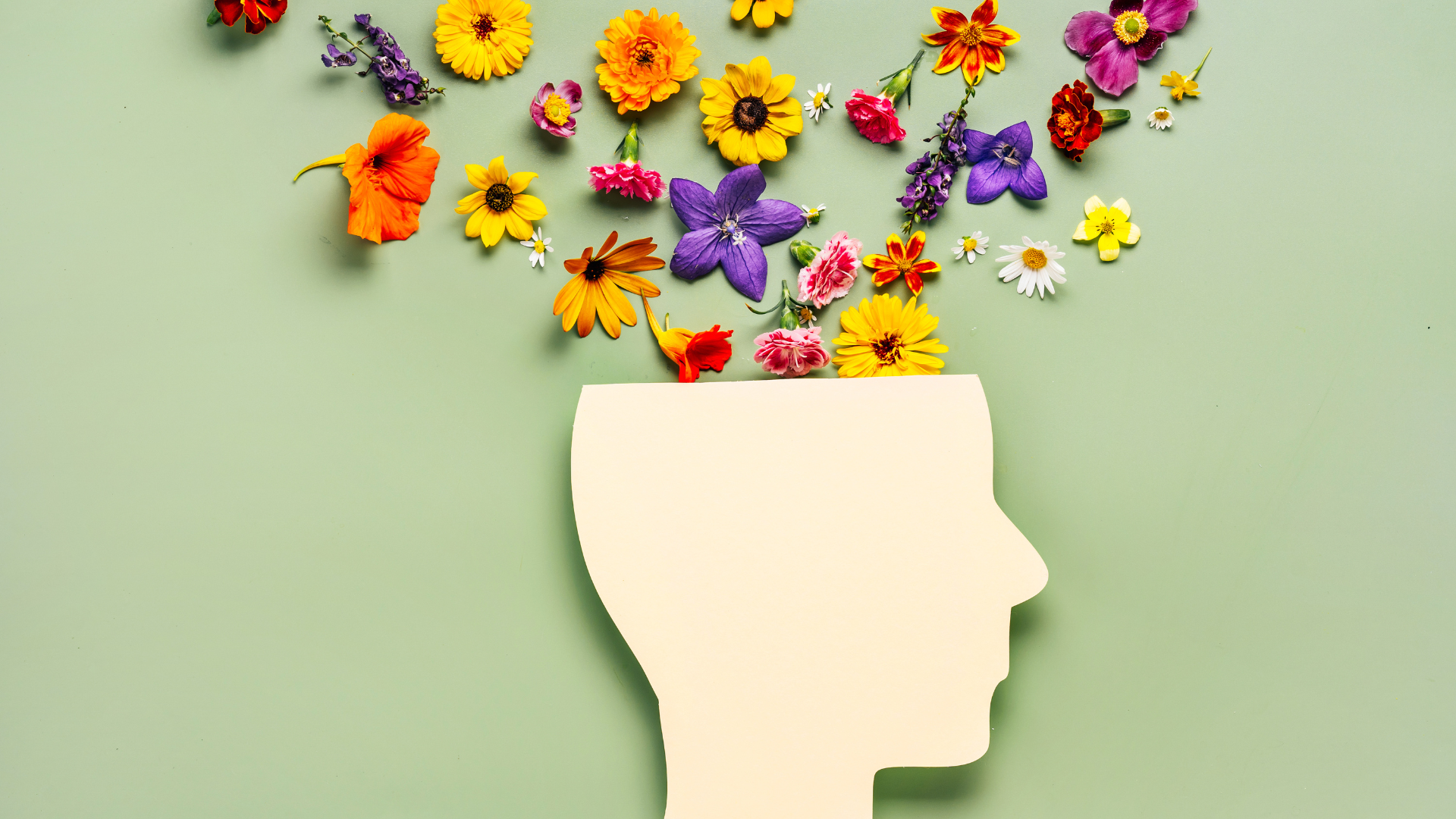Best Morning Routines to Start Your Day Right in Jackson, Mississippi
Good morning, do you have a morning routine?
We all have a morning routine—a set of rituals we follow each day before starting our day. Some people may take a shower and get dressed, while others might make breakfast and read the newspaper. But what about you? What does your morning routine look like in Jackson, Mississippi? Is there something you do every day to ensure you start your day off on the right foot?
It is important to start your day off right with a good morning routine. A morning routine is a habit that you establish in the morning that prepares your mind and body for the day ahead. A successful morning routine is the key to a successful day. The first hour of the day sets the tone for the rest of your day.
The most important part of any morning ritual is starting it off with something that makes you feel happy and energized. This can be listening to your favorite song, reading a motivational quote, or even just taking a few minutes to think about what has made you happy lately. This also means avoiding the things that cause unnecessary anxiety- cable new, responding to unimportant emails, catching up on latest gossip. Still your mind for a better day
Here are 4 important steps to help your start the day off on a right foot
Wake up early : Wake up early before your alarm goes off and wake up at the same time everyday if possible. This will give you time to do some light stretching or yoga, drink a glass of water, or even meditate. It also gives you time to plan what you want to accomplish during the day.
Awareness: Bring your awareness to yourself or environment. Acknowledge what you are feeling then practice gratitude towards yourself and your life and experiences. Meditate if you can, practice mindfulness if you can, journal if you can. These will all set your mind off on a calmer, more relaxing day.
Breakfast : Eat a healthy breakfast that includes protein, whole grains, and fruit or vegetables. Protein is important because it helps you feel fuller for longer. Whole grains are important because they provide energy and fiber for the day ahead of you. Fruit or vegetables are important because they provide nutrients like vitamin C and potassium that help with brain function and muscle strength respectively.
Exercise : Exercise is an important part of starting your day off right because it can help with mental clarity, emotional stability, and physical health. It releases the feel good neurotransmitter endorphins so you start the day happy and ready to conquer your world for the day, and It also helps to reduce stress levels which will leave you feeling more refreshed in the morning than if you had not exercised before work.
Conclusion: A successful morning routine is the key to a successful day. The first hour of the day sets the tone for the rest of your day so make a habit of making your day good and productive. Start with what is easy and enjoyable for you to incorporate into your routine and keep improving and adding other things that lead to a better morning. Start slow, but be consistent. Consistency eventually lead to success




